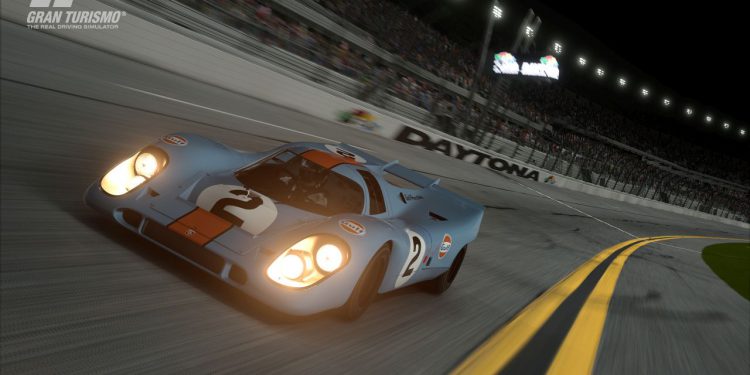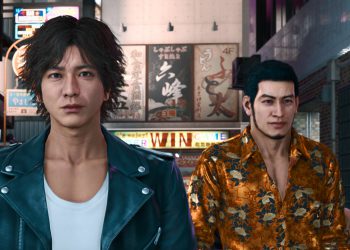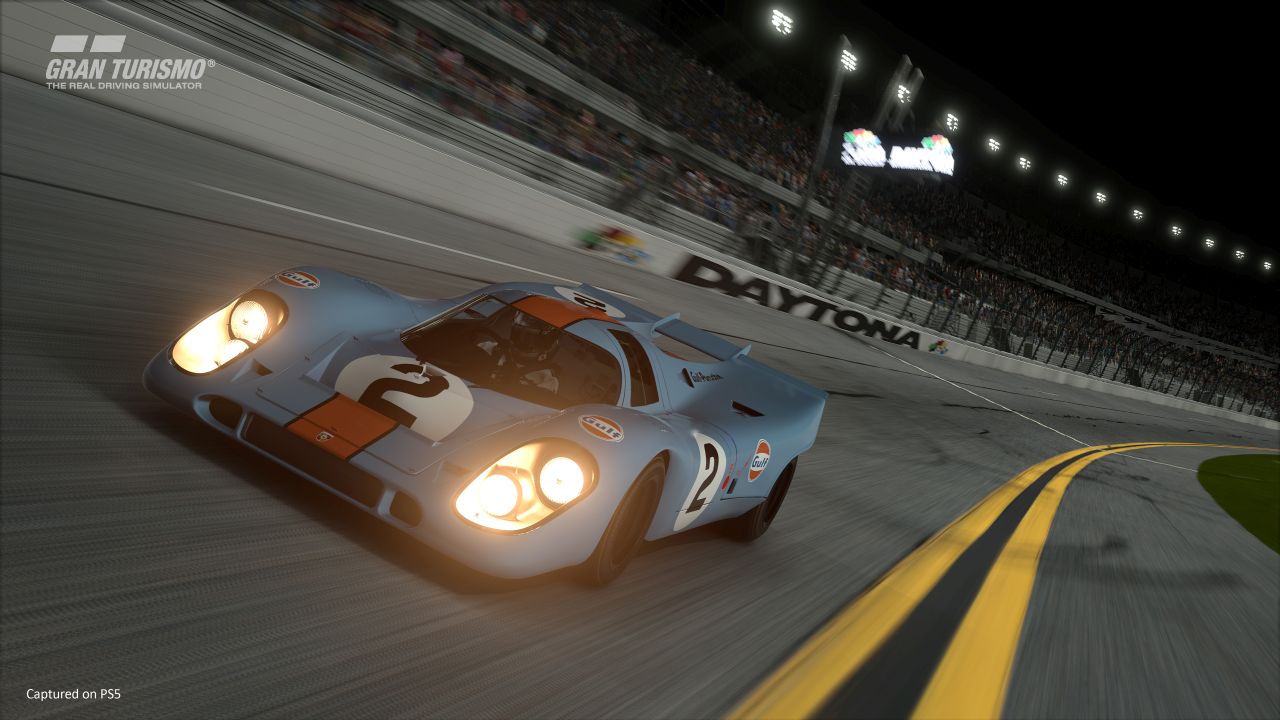
The Gran Turismo franchise continues to be on the slow decline since its fifth installation to the series back in 2010. It wasn’t to state the games that came out were on a road to an assured failure. They became less enticing and became overshadowed by their Microsoft counterpart, Forza. This franchise needed some kind of reboot or revitalization, something that will bring out what made GT so excellent back in its golden era between the first couple of PlayStation consoles. Now in 2022, Gran Turismo 7 nails that.
The road prior to GT7 would be a mostly quiet one until its announcement alongside the PlayStation 5 in 2022. Seeing the power of Sony’s now released next-gen console rendering a hyper-realistic Porsche 917K ‘70 was mind-blowing. There is no way that these are the graphics for the game, but that’s exactly it. Polyphony Digital took their slogan, “Gran Turismo is back”, and ran by using it, giving us a game that has a crazy quantity of vehicles, an amazing soundtrack, and driving mechanics that attract casuals and the gearheads.
The reason for racing simulation games would be to have access to a plethora of different vehicles from various manufacturers. You want to essentially have this type of variety and select some to your liking, tune them, customize them, and take them towards the track. Farmville touts over 400 vehicles spanning from large-name brands like Ford and Toyota, it has those from different classes.
You begin the game in your typical compact vehicles that may probably hit about 120 MPH before it starts redlining. As you progress, you start engaging in the greater luxury-brand names, iconic cars such as the Nissan R-34 or Toyota Supra, and even so far as Le Mans cars and futuristic concept cars. Each car will handle differently and also have separate tuning options where you can tinker with things like tire settings, drivetrains, suspensions, differentials and so much more.
There is really an in depth breakdown for each individual vehicle that it may be overwhelming, but it’s more of a presentation of depth when it comes to driving simulation. Top that served by having to perform maintenance in your vehicles too. Provide them with a wash, alter the oil, restore the engine, and repair any kind of cosmetic and suspension damage as you use your cars more.
As I said, this is often overwhelming, but there are so many tutorials to help you walk through this if necessary. In fact, you don’t have to go in to the nitty-gritty and perform each one of these RPM adjustments, camber angling, and all sorts of this other automotive jargon. If you would like to buy car parts like better brakes and tires, you can do just that and become fine.
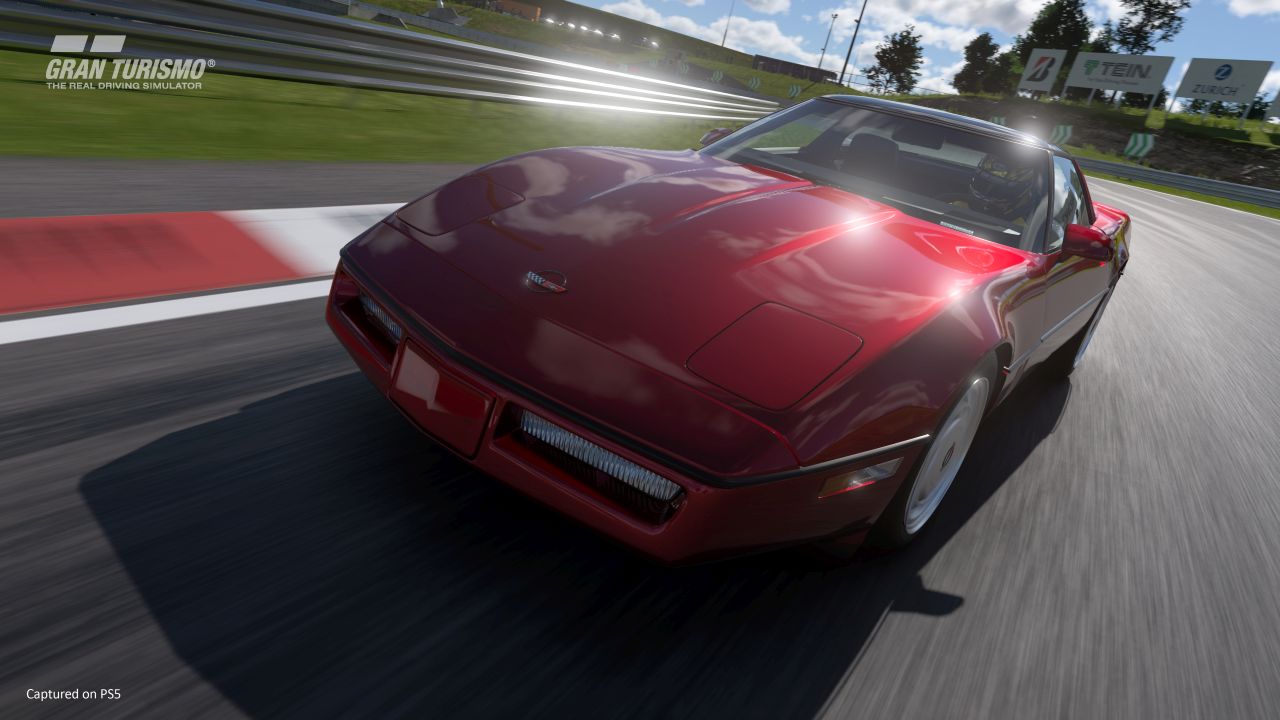
While this might be a divisive aspect of the game, Gran Turismo 7 does restore the dreaded license exams. If you have ever played any of the mainline games, you’ll know what this is. For those who don’t, these are essentially scenarios where you drive a specific car through an obstacle or an entire course and also have to complete it inside a time period limit. Going off-road, hitting a wall, or otherwise reaching the goal within the time limit results in a failure. You will have to start doing these as you progress further, so the game will truly want you to hone your ability to drive. As painful as they may be, you'll pick up or master several techniques on the way.
This progression-based mode is combined with the new “Cafe” mode which serves as a way of introducing players of abilities to the definitive experience of a racing simulation game. The Cafe mode specifically will show you through different generations of automotive history, helping you get a generous number of vehicles to get your racing career started. It’s a loose rendition of the items a story mode would be for this game.
There has never been a genuine “story mode” when it comes to Gran Turismo titles because they’re more akin to automotive sandboxes. You want to collect all the cars, tune them to your liking, customize their appearances, and race others to make better money. This is more of a much-needed correction and addition to the notable downfalls of previous titles, namely Gran Turismo Sport.
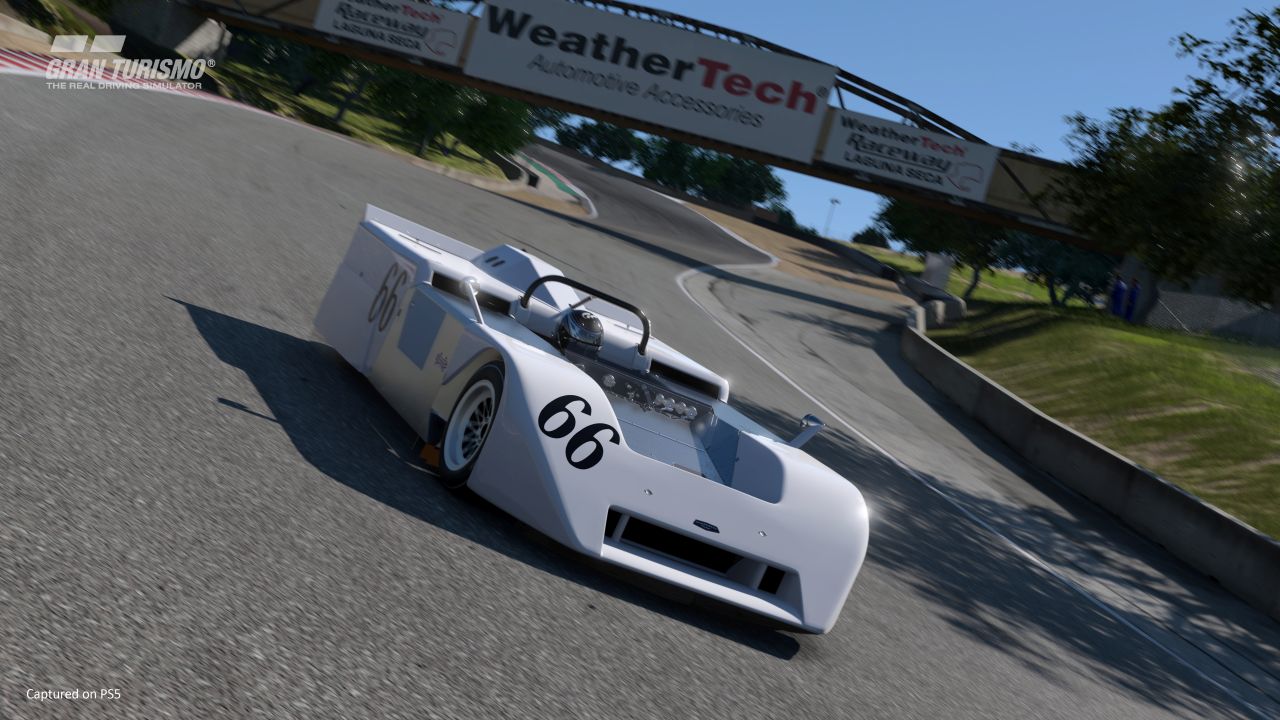
At a fast glance, farmville does appear to be built off of the many familiar aspects of Gran Turismo Sport. The UI within the menus as well as in races, the tracks, and lots of vehicles from that game continues to be brought over to GT7, but Polyphony Digital took the information from it and put in a lot more with polish. It’s not just a game that’s all about the online aspect without any real progression.
This feels more like a culmination of what Sport must have been, but diving in to the roots of what made the franchise so great, to begin with. Since that time, graphics have obviously been worked on heavily to really show the capabilities of next as well as current generation hardware. The elements mechanics also greatly improved, giving much more of a sense of realism of how it affects driving under certain conditions.
Down to another tidbits, the realism extends further into car models and their sounds. The way light reflects off the vehicles at different times during the the day as well as in certain weather conditions is breathtaking. Environments reflected off the surfaces from the vehicles really take next-generation technology to a totally new level.
While I did not possess a steering wheel to experience farmville, the haptic feedback, vibrations, and adaptive triggers add a whole new layer of immersion thanks to the heavy usage of the Dualsense Controller. You’ll feel everything whenever you drive, like speed bumps, the red and white corners on turns, along with other objects you drive over or hit in the form of the Dualsense’s vibrations activating at different frequencies.
PlayStation 4 players won't be able to actually consume this aspect because the Dualshock 4 doesn’t have this, but even without all of the technologies, there’s still much to take from Polyphony Digital’s strong go back to form.
What makes Gran Turismo games so great is the captivating original soundtracks. Recption menus music from GT7 takes me to 2001 when I’d leave the sport idle on Gran Turismo 3. It builds an environment that, while it stays very chill and classy, adds a layer of personality that’s difficult to establish for a sandbox racing game.
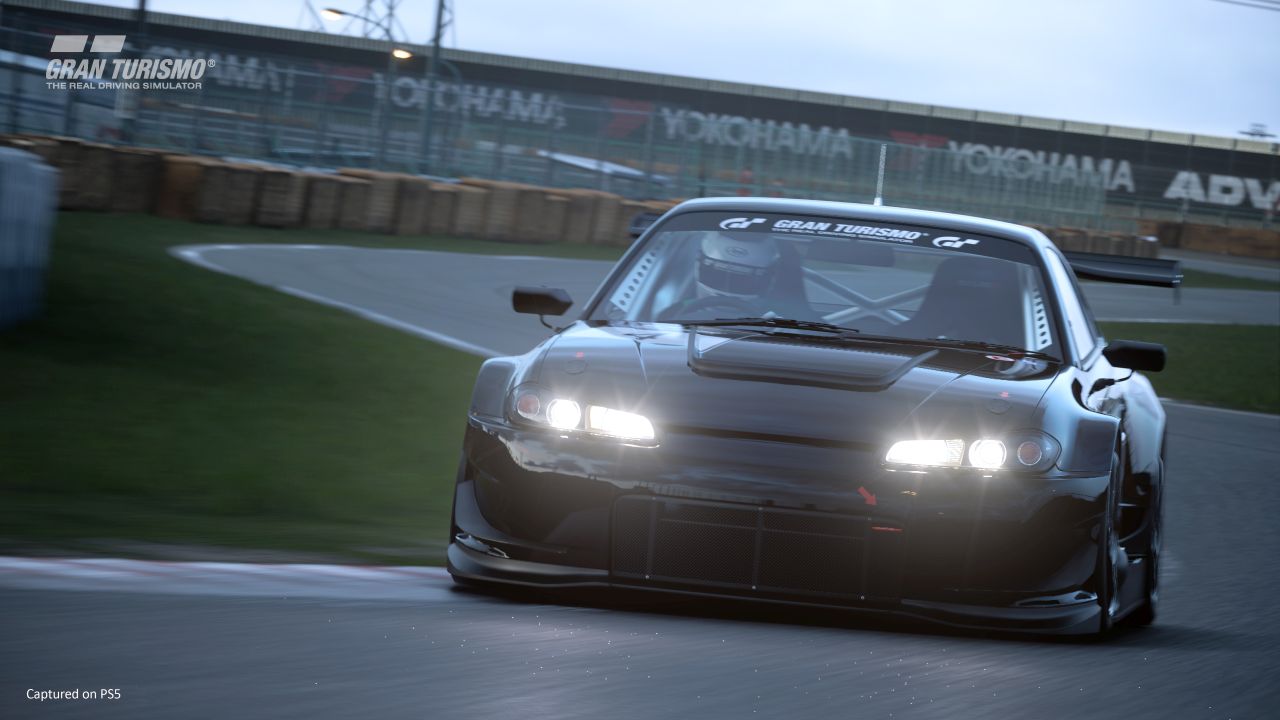
From the classical music, remixes in between, electronica, as well as diving into lounge, rock, and pop, the background music provokes a feeling of grandeur. It’s something that happens to be a strong suit with regards to GT games, however this goes far above what other titles within this franchise established. Seriously, bravo to the composers and all the artists involved with contributing to this game’s soundtrack.
Finally, what makes racing games appeal to the gearheads probably the most would be the engine sounds. In a nutshell, these cars sound phenomenal. You can really hear and even have the purrs from the different engines per vehicle. They’re all captured in a way where, depending on your camera view and proximity with other vehicles, you are able to tell what's what.
The Verdict
Gran Turismo 7 is a love letter to individuals who enjoy cars generally. Its next-gen capabilities create an immersive sense of realism right down to driving on its expansive listing of tracks. With more than 400 vehicles to earn and many modes to understand more about, farmville will give you content for many years with proper support. This is just what the franchise needed to give it that second wind it desperately needs to compete with the likes of Forza.
P.S. Sony or Polyphony Digital, please release this game’s soundtrack on Spotify.


